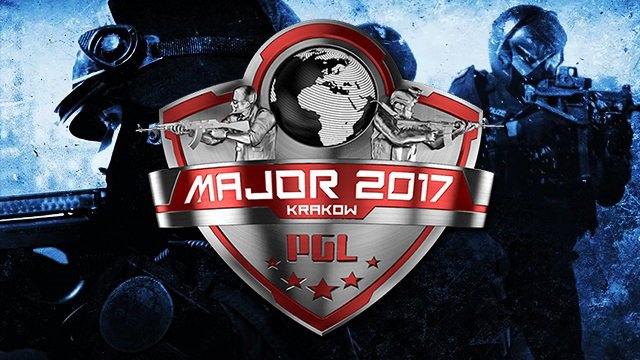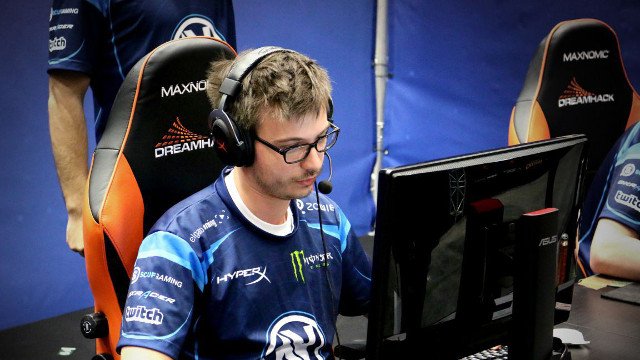The second major tournament for Counter-Strike: Global Offensive in 2017 will begin this Sunday with the group stage at PGL Krakow 2017. A total of 16 teams will compete for a prize pool of $1 million, making this one of the biggest eSports tournaments of the year.
At this point there’s an incredible amount of hype for the event among eSports and CS: GO fans alike, but it appears the pro players are conflicted.
Complaints are surfacing regarding the quality of the PCs at the tournament. Players who have sat down and engaged in practice scrimmages using the official tournament hardware have done so with concerning results. In particular, reports of framerate drops have surfaced publicly.
It all began with a tweet by Na’Vi player Denis “seized” Kostin, who stated:
“i think it’s time to work for Players Association, players on major know what i mean #PCsOnMajor”
Meanwhile, FaZe’s Nikola “Niko” Kovač added:
“Pc’s are so shit here, step up @pglesports :)”
Even SK Gaming’s Marcelo “coldzera” David chimed in, saying:
“Pgl!!! i5 processor in 2k17? LuL”
Interestingly enough, sponsors have provided extremely capable rigs equipped with Intel i5 processors clocked at 4.6 GHz per core, and Nvidia GTX 1080 graphics cards. The few players complaining about not having access to i7 processors might be surprised to know that the hyperthreading of Intel’s i7 line isn’t supported in CS: GO anyway, so what’s being employed at the tournament is about the best you could possibly hope for, hinting at an underlying software issue.

These concerns were reported weeks ago at the qualifying minors, where the same hardware was used. Similar posts were published on Twitter, so at this point it’s unlikely that anything will change between now and when the tournament officially begins.
Though, it’s clear that this is a software issue, and the high visibility of the complaints could prompt investigation from PGL’s tech team.
The big problem here is how every frame counts in CS: GO, a game where milliseconds and millimeters can mean the difference between success or failure. Virtually every professional CS: GO player plays the game at 144 FPS, and even a small deviation from this number has notable implications for the game environment.
What ultimately matters is whether or not PC problems impact the outcome of matches. With one of the biggest eSports prize pools in history on the line, players would have a good reason to be upset if these issues presented themselves during important scenarios.
PGL Krakow 2017 will be host from July 16th until the 23rd, at which point a winner will be crowned in a best of five, earning $500k USD and “Legend” status.







